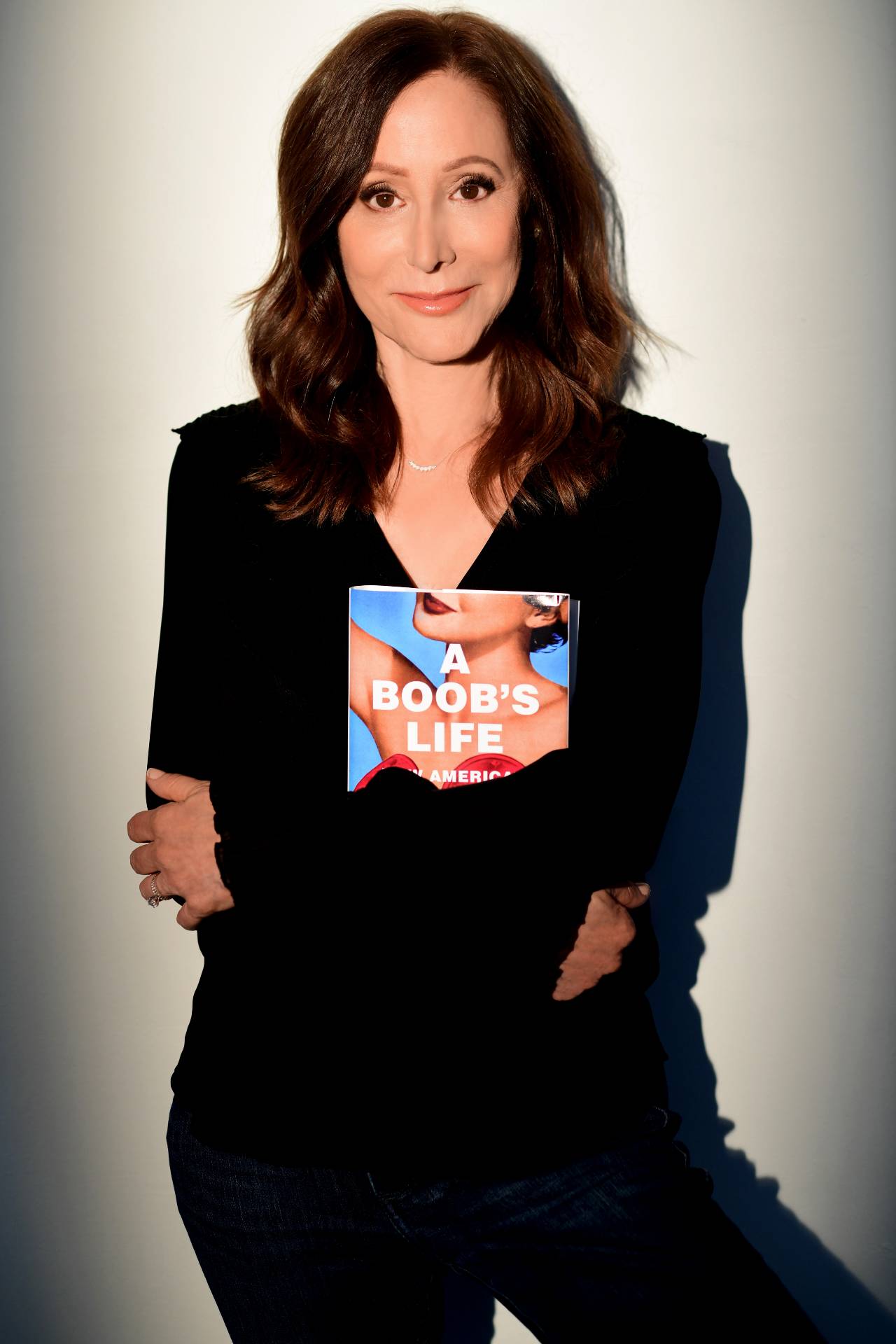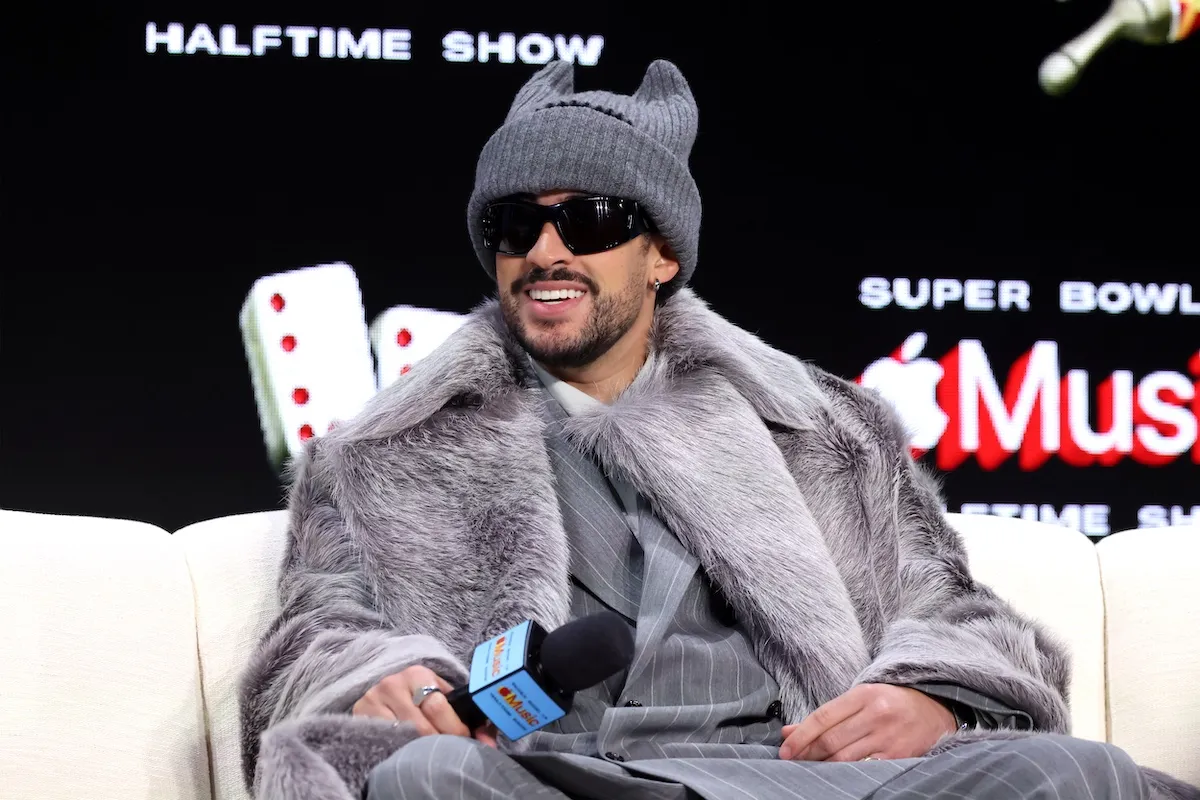Leslie Lehr’s Advice to Aspiring Authors
Showbiz Cheat Sheet chatted with Leslie Lehr, author of the book A Boob’s Life. Here’s the advice she has for aspiring authors.
Showbiz Cheat Sheet: What advice would you give to those who dream of becoming a successful, published author?

Leslie Lehr: Some people say write what you know, but that gets boring. I write what I want to know, what I’m desperate to know. That’s the most important thing for a writer, having the passion needed to stay the course.
To be a writer, you also need persistence. What makes this book special–the focus on how a body part shapes our lives–is also what made it such a challenge to actually write. Like a detective, I had to crack the code. Every story has its own code, but this combined the structure of both novels and nonfiction.
My New York Times “Modern Love” essay was about breasts, and it touched a lot of readers, so I started with that style. But I’m not a memoir writer. And writing funny anecdotes about being every size from size AA to DDDD was not enough to find the answers I was looking for. I needed facts. So, I did a lot research including history, politics, and fashion.
CS: What else should writers know about honing their craft?
LL: My advice to writers is to read a lot of books. All kinds. People are natural-born storytellers; it’s how we communicate. But translating the ideas in our head to words on a page is very tricky. By reading books in many genres, you can see how others do it.
Also, learn the craft. Taking classes and getting guidance will shave years off your struggle. Then, when you find a story you are so passionate about that you have the persistence to write as many drafts as it takes to get it right, you will find success.
CS: What do you want readers to take away from your book?
LL: We learn young that boobs are so important they must be covered, and they are part of what makes a woman beautiful. And yet as we grow up, we learn that they can define us. We use them to attract partners, we hide them to get jobs. If we have children, we are suddenly Madonna, all goodness and light, using our boobs for babies. But if we show them, we’re whores, tempting men.
Our breasts go through so many stages in our lifetimes, they are part of our identity. How we feel about them shapes our experience. Yet we are constantly judged by them, put in one box or the other. Smart vs pretty, Madonna vs, whore–these man-made labels are part of the same problem. Women are not either/or. We are and.
Woman have been admired and judged by their bodies since the beginning of time. It’s not all bad. But people don’t know how the American culture has co-opted biological instinct. A trifecta of historical events–Playboy, television, and medical science–created a perfect storm that made breasts far more important than their function.
By reading my story, woven through with the current events and cultural milestones, readers will recognize themselves as well as the messages that influence us all. I want women to take back the power of our breasts and I want men to see how they are trapped by it, too. We can stop judging ourselves and each other. We can be proud of our breasts and ourselves at every stage of life.
Follow Sheiresa Ngo on Twitter.


